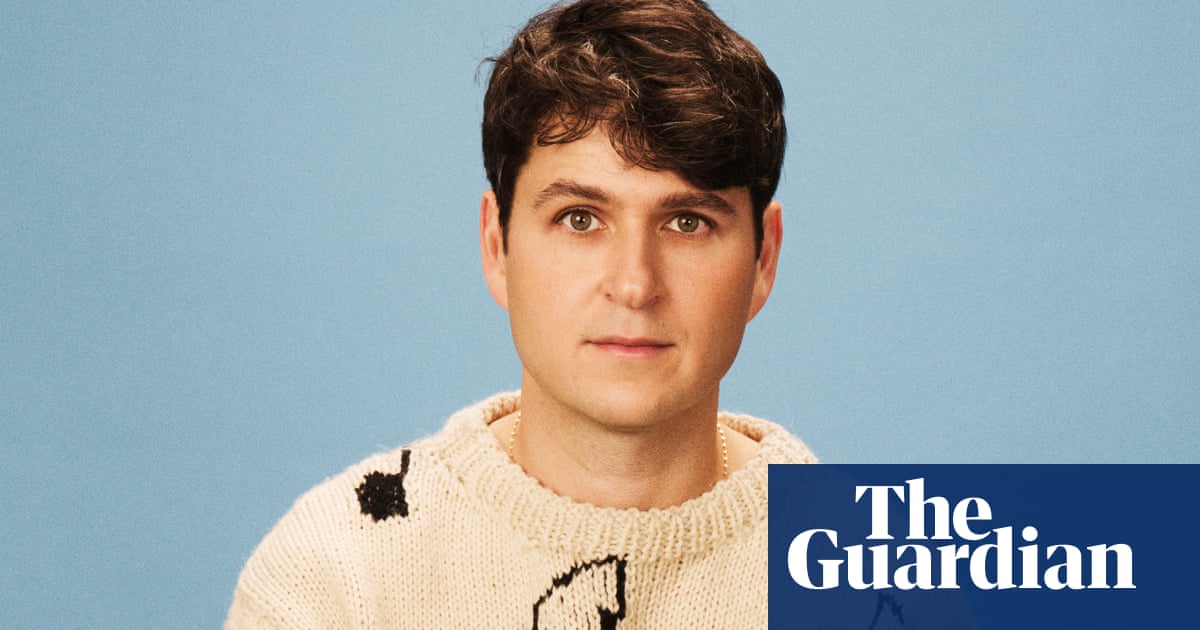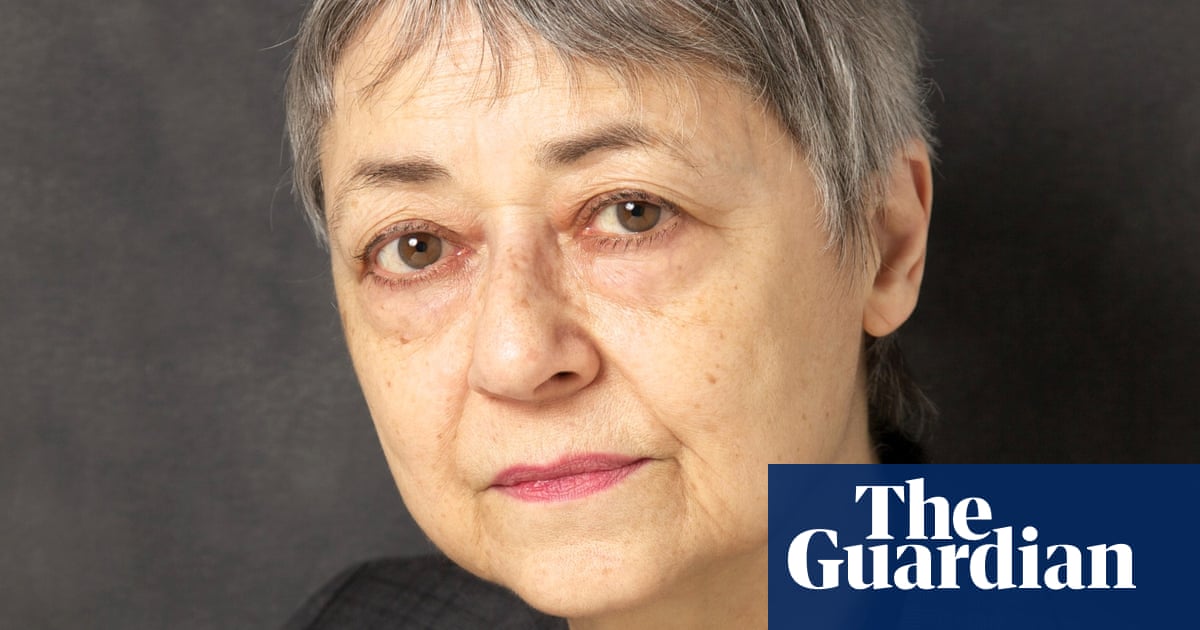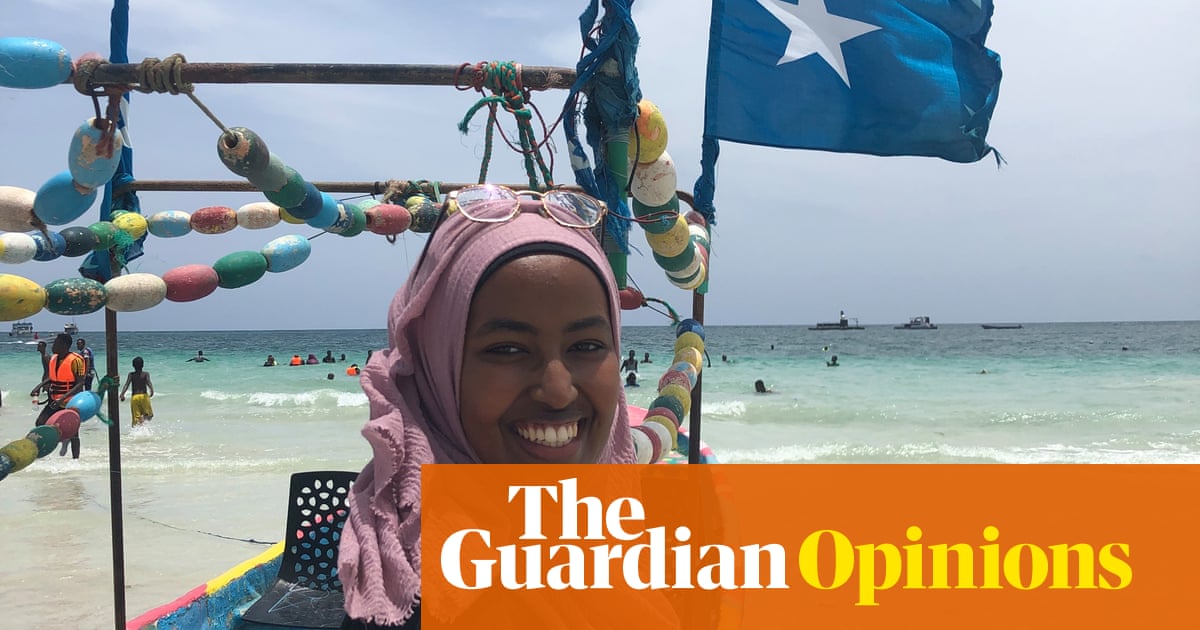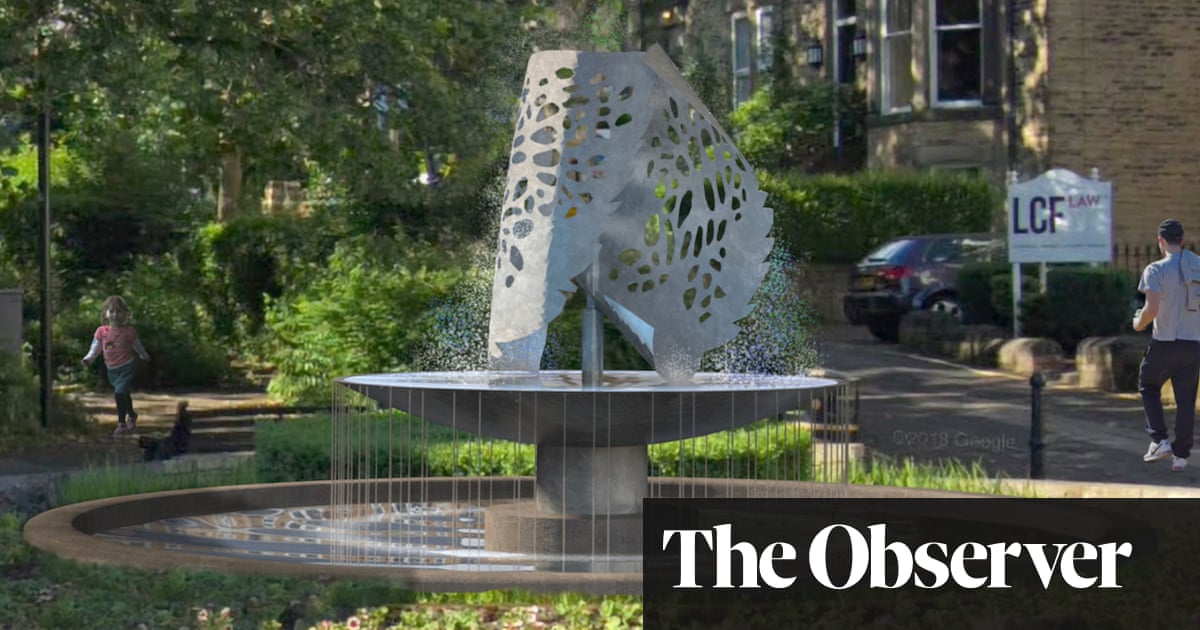
hen T’Nia Miller first told her mother that she was dating a woman, she explained to her mum that she wasn’t there to see her have sex with men, so this was no different. “It’s just about me having really good friendships and beauty in my life,” she recalls saying. “That was it. We never had more of a conversation than that. If she had any issues, they were hers to deal with, not mine. She knew that. She’s a very educated, very well-read woman. For her, coming to terms with it was easy.”
The east-London born actor is telling me this story over the phone as she walks her dog (she forgot about the interview and her seven-month-old pomeranian, Dilhi, needed his daily steps) because she’s taking part in the #YoungerMe campaign, an initiative by the LGBTQ+ young persons organisation Just Like Us, which asks how LGBTQ+ inclusive education would have helped older queer people when they were in school.
“With my ‘coming out story’, I was very much supported by my family,” she continues, “but there are many children that aren’t. I know as a black actor what it meant to see people like me on the screen, and I think that’s exactly the same when it comes to sexuality and how we identify. That’s why Just Like Us is so important. It helps forge those intergenerational connections.”
Miller says that she had “no exposure, no knowledge, nada” of LGBTQ+ issues growing up. “I’d never seen a queer person on TV and I didn’t know any queer people at all until I got to college. I used to travel from the East End to go to college in Notting Hill and that’s where I met my first queer family, as it were; people who were a little bit different than the social circle I was used to mixing with. My God, it was refreshing.”
In fact, she kept her sexuality hidden until her early 20s. “I have Jamaican heritage. I love reggae music and I used to listen to a lot of bashment as a kid,” she says. “That scene, at the time, didn’t support me being queer. Although such views weren’t present in my family, in the wider society there was a shame shrouded on it, so I sort of denied it and pushed it back.” Ultimately, she ended up marrying a man and having children, “but by the time he started being an arsehole I realised: I have two kids, I’m a little older and I don’t give a shit about social pressure, so I’m going to start dating women. It was really that simple.”
Miller has never been one for conventionality. While she followed a fairly traditional route of studying theatre at college and gaining a place at Guildford School of Acting, she arrived at university in her early 20s divorced, with two kids and a mortgage. She also refused to succumb to the tactics employed by the institution to break down its students so they can build them up into actors. “You go to drama school and you think these people are gods,” Miller says. “You feel very fortunate to be there and you believe these people. You’re young and impressionable. Yes, I had two kids, but I was under the age of 23. I was a baby who had babies. The difference is that I wasn’t going to cry and break down because, damn, I had already lived. That shit wasn’t going to get to me and that was a point of contention.”
She recalls one horrific experience with a member of staff on her first day, who told her that she was lucky to be there as there were no good black actors in the industry. “Of course, we got into a back-and-forth. It wasn’t an argument, per se, but that’s that the moment I went, fuck, I’m back here …” she says. “You’re in an institution that doesn’t recognise you and minimises your experiences.”
Does she feel like it was personal bias from the teachers or the institution itself that was racist? “I don’t think there’s a difference. The institution is not hiring the right people. Institutions are made up of people and policymakers. There was obviously personal bias among the teachers, but there were some beautiful teachers as well. It is about the texts and what is studied, and the parts that you’re cast in, if there is even a part for you because you have a darker hue. It’s down to the teachers who make the lesson plans to think about these things.”
Thankfully, she says this isn’t something that she has encountered in her professional life. After finishing drama school, she graduated to small roles on shows such as The Bill and Holby City, finding meatier parts in Channel 4’s Dubplate Drama, an interactive series about a teenage grime MC, and, later, the groundbreaking queer film Stud Life, which was directed and written by Campbell X. In the latter, Miller played JJ, a masculine-presenting black lesbian working as a wedding photographer. “Campbell X made us do this method-acting thing,” she says of the role. “For three weeks we had rehearsals, and so I bound [my chest], packed and walked in that body. Sometimes I was mistaken for a young black boy and I got to understand my son more.”
However, Miller was careful to avoid getting pigeonholed into the “queer actor” box, just as she was about taking on any roles that perpetuated a derogatory narrative about black people. “You always have choice,” she says. “I think that’s really important, otherwise I would have done so many things and my career would look very different. But when I first signed with my agent, I said: ‘I’m not prepared to play the stereotypical council estate prostitute single-parent mother.’ I am a single parent, but I wasn’t prepared to play those roles.”
Miller has played police officers in her career, though “It’s weird as I don’t like the police,” she says. Does she feel differently about those roles now after the Black Lives Matter protests this year? “I look at them the same way. It was a role and I liked the role. Do I believe in the establishment as it is? No, I do not. Do I like the police? Not particularly. But if the script and character are good, and there’s an integrity in the story then yes, I’d play those roles again.”
In previous interviews she has said that she has played characters that felt “whitewashed” – “just look at my CV; you can see them there,” she says – but even then, “it’s about what you, as the actor, bring to the part”. When she’s working with someone such as Russell T Davies, with whom Miller has collaborated twice, most recently on the dystopian drama Years & Years, she doesn’t have those issues. “He listens and he’s patient and he’s funny,” Miller says of Davies. “He takes the time and is invested in people. Also, we talk about people using their white privilege for good – he’s an amazing example of that. It’s about having conversations with the producers and the writers. Working with Russell, I was able to do that.”
Her most recent role, as Hannah Grose in Netflix’s horror series The Haunting of Bly Manor, also provided the opportunity to tell a queer story that wasn’t centred around coming-out narratives, of which Miller is bored. “We had that lesbian love story and it was just a given,” she says. “I think we’re seeing that more in programming and that pleases me. That’s where it needs to be headed. What I will say is that we need more of it and more differently able-bodied people and different races.”
Miller is aware of casting directors and agents having “difficult conversations” about inclusion, although she remains cautious about how change is brought about. “If the response is to just stick a load of black people on the screen, then that’s not really doing the job, in my opinion. It has to be behind the camera and in front of camera. It’s not just black people, too. Don’t think that you’ve filled your diversity quota by just sticking a black person in one of those roles. There are so many people to consider and until that happens, we’re not there yet.”
The pandemic hasn’t helped, of course, and Miller says that it’s been hard to gauge whether any of the progress being discussed has actually been implemented. “I think that’s a longer journey,” she says. “Not too long, but I think it’s going to take a while to really find out.”
2020 hasn’t been a washout, though. Career wise, Miller has just returned from Spain where she has been shooting Spanish-Chilean director Alejandro Amenábar’s series La Fortuna, which also stars Stanley Tucci and Clarke Peters, star of The Wire. And Miller believes that without the pandemic, the spotlight on this summer’s Black Lives Matter protests wouldn’t have been so bright.
“There has been a global social justice movement, which has never happened,” she says. “That’s the beauty of this year. Also, I got to spend three months in the sun. That was brilliant.”












